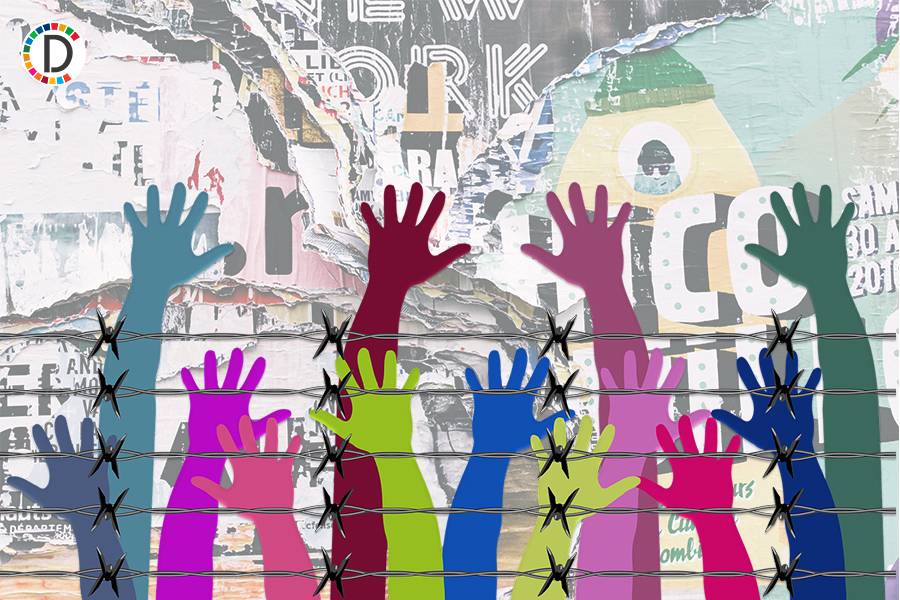In 30 years, relationship between India-US has grown from scratchy to most consequential partnership, says Indian American author

- Country:
- United States
The relationship between India and the US in the last three decades has grown from ''very scratchy, starchy'' to what US officials call the ''most consequential'' partnership in the world, an eminent Indian American journalist and author has said.
These remarks were made on Saturday by Seema Sirohi, the well-known Indian American communist author at an event organised by the prestigious Hudson Institute think-tank on her latest book "Friends and Benefits: The India-US Story.'' "No other relationship has changed so fundamentally for India as the relationship with the United States," she told a Washington audience.
"I think the transformation we are witnessing today deserves the number 100. No other relationship has changed so fundamentally for India as the relationship with the United States," she said, noting that she felt it was important to document the trajectory to understand the long distance the two countries have travelled.
Referring to the bipartisan nature of the relationship that has evolved in the last three decades, Sirohi said the relationship kept improving during President (Donald) Trump's rather disruptive presidency.
"Unlike the Europeans, the Indian foreign office didn't feel the need to criticise Trump every time he said something insulting or outrageous," she told the audience.
"I think US and Indian diplomats deserve a lot of credit for what I call 'stealth diplomacy' – they simply kept working behind the scenes. There were many big announcements – a US decision to sell armed drones, the beginning of a real Indo-Pacific policy and rejuvenation of the Quad. And China was recognised for what it was," she said.
"President (Joe) Biden has taken all those policies forward. He in fact has run with them. The trajectory is positive and I expect it will remain so," Sirohi said.
"They (India US relationship) have gone from a very scratchy, starchy relationship to what US officials call the 'most consequential partnership in the world'," she said.
"In those days, I mean in the eighties and nineties, Pakistan loomed really large in Washington DC. It's very hard to imagine those days today because...Back then, they (Pakistan) had immense influence on Capitol Hill within the administration, mainly because of the US war in Afghanistan.'' ''The most overt covert war that the US was fighting against the Soviets at that time. Pakistan's intelligence agency, the ISI was a conduit through which the CIA was sending weapons and money, the ISI was deciding the winners and losers, et cetera. So they were very important for the US," she said.
"The Americans were so grateful, they rarely asked questions why the most fundamentalist groups got the money. Even Congressman Stephen Solarz – the only friend India had on Capitol Hill – would defend the ISI. The covert war was the top US national security priority. India had no role in it. Besides, India hadn't condemned the Soviet invasion in a manner the US wanted," she said.
"Another example of the Pakistan factor affecting the India relationship: During Bush Senior's time, the US winked and nodded at Pakistan's nuclear weapons programme. President Bush had to certify to Congress that Pakistan was NOT making a nuclear weapon even though every Washington analyst worth his salt knew Pakistan was. The US intelligence had provided plenty of evidence," she said.
(This story has not been edited by Devdiscourse staff and is auto-generated from a syndicated feed.)
ALSO READ
Zimbabwe Gains Upper Hand in Tense Test Match Against Afghanistan
UK Politicians Call for England's Boycott Against Afghanistan in Champions Trophy
France's Naval Vision: Enhancing Security in the Indo-Pacific
Rashid Khan's Late Surge Puts Afghanistan on Brink of Victory
Afghanistan's Triumphant Test Victory Against Zimbabwe










